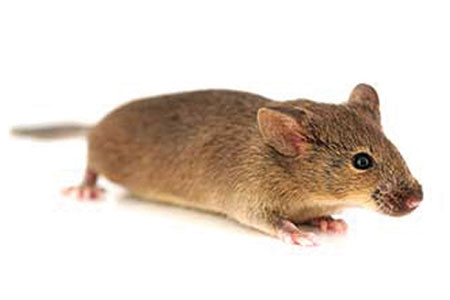
rasH2™ Mouse Supports Short-Term Skin Carcinogenicity Studies
A recently published article by Mayumi Kawabe et al. has confirmed the effectiveness of rasH2™ mouse in predicting skin carcinogenicity.The most recent article is a follow-up of an earlier paper published in Veterinary Pathology by Kawabe M, Urano K, et al., which concluded that skin promotion effects could be detected within only eight weeks in the rasH2™ mice, and that the concentration of 4 μg TPA once weekly was sufficient as a positive control.
The most recent paper provided results validating the original paper, concluding that "after initiation with 7,12-dimethylbenz[a]anthracene (DMBA), the promoting potential of 12-O-tetradecanoylphorbol-13-acetate (TPA) on skin tumor development can be detected by an ultra-short-term skin carcinogenicity bioassay using Tg-rasH2 mice and that the detection of skin tumor promotion and carcinogenicity was feasible in only eight weeks."
The conclusion was, "this carcinogenicity bioassay may represent a useful tool for the assessment of the carcinogenicity potential of topically applied chemicals."
Significance for Drug Development
The short-term skin carcinogenesis bioassay using rasH2™ mice could represent a useful tool for the assessment of drug and chemical safety with cutaneous treatment. The authors explain the potential significance the short-term skin carcinogenesis bioassay using rasH2™ mice could have on the drug development process:"Since the ICH guidance on testing for carcinogenicity of pharmaceuticals was issued, medium-term carcinogenicity bioassays and 26-week short-term carcinogenicity studies using transgenic mice have been conducted as an alternative to a second traditional long-term (ie, 2-year) carcinogenicity study.
"In Japan, the 2-stage skin carcinogenicity bioassay with CD-1 (ICR) mice is recognized as a tool for the assessment of topical carcinogenicity in the development of dermal liniments by the Pharmaceuticals and Medical Devices Agency (PMDA) of Japan, and in the United States, more than 75% of mouse carcinogenicity studies are now conducted using Tg-rasH2 mice.
"The ultra-short-term bioassay described in this report may represent a useful screening tool to predict skin carcinogenesis during the early stages of drug development, prior to more laborious and time-consuming regulatory studies."






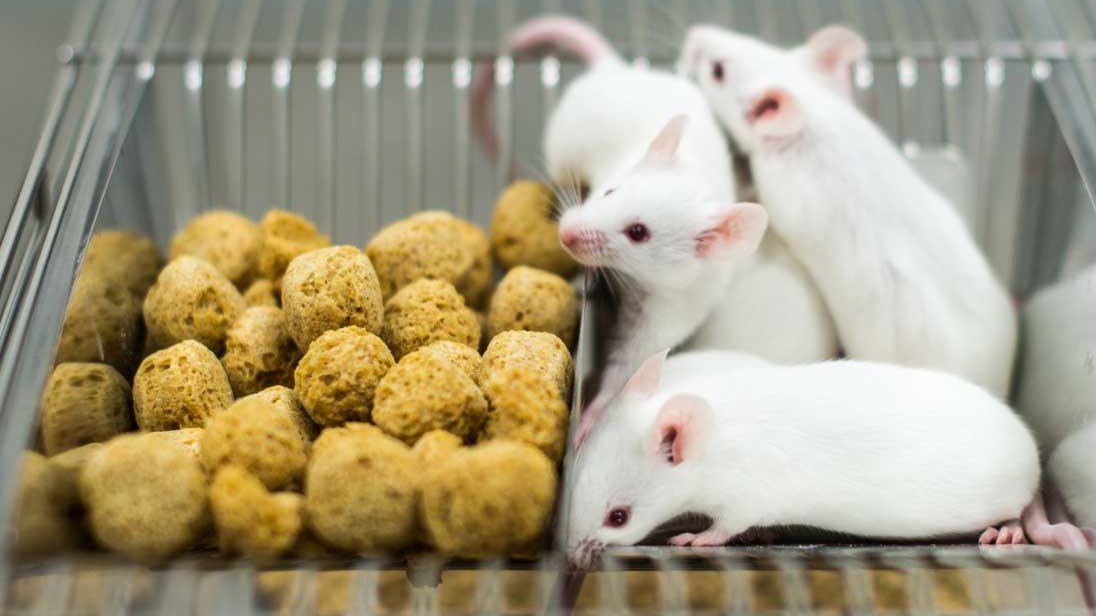
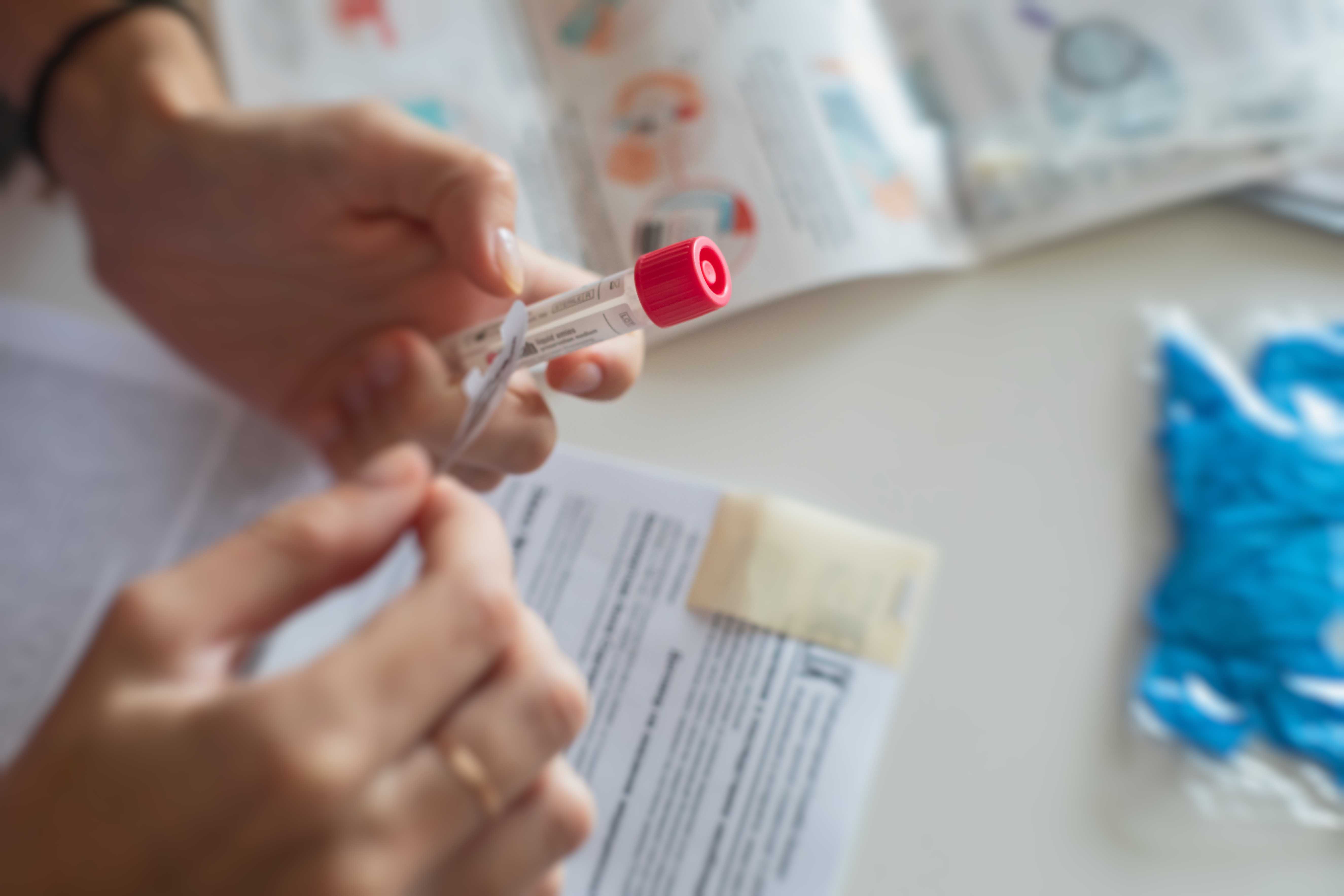

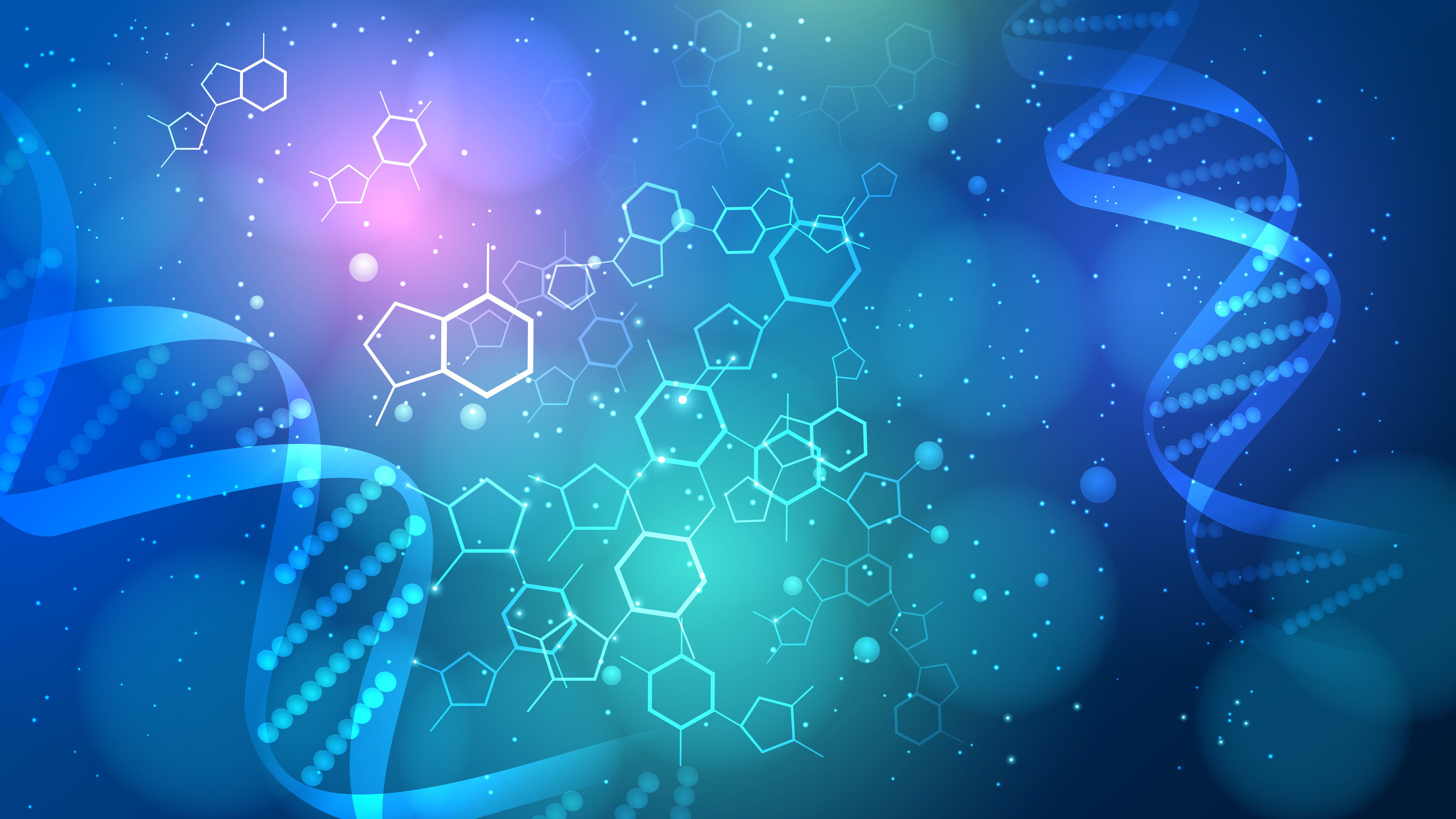





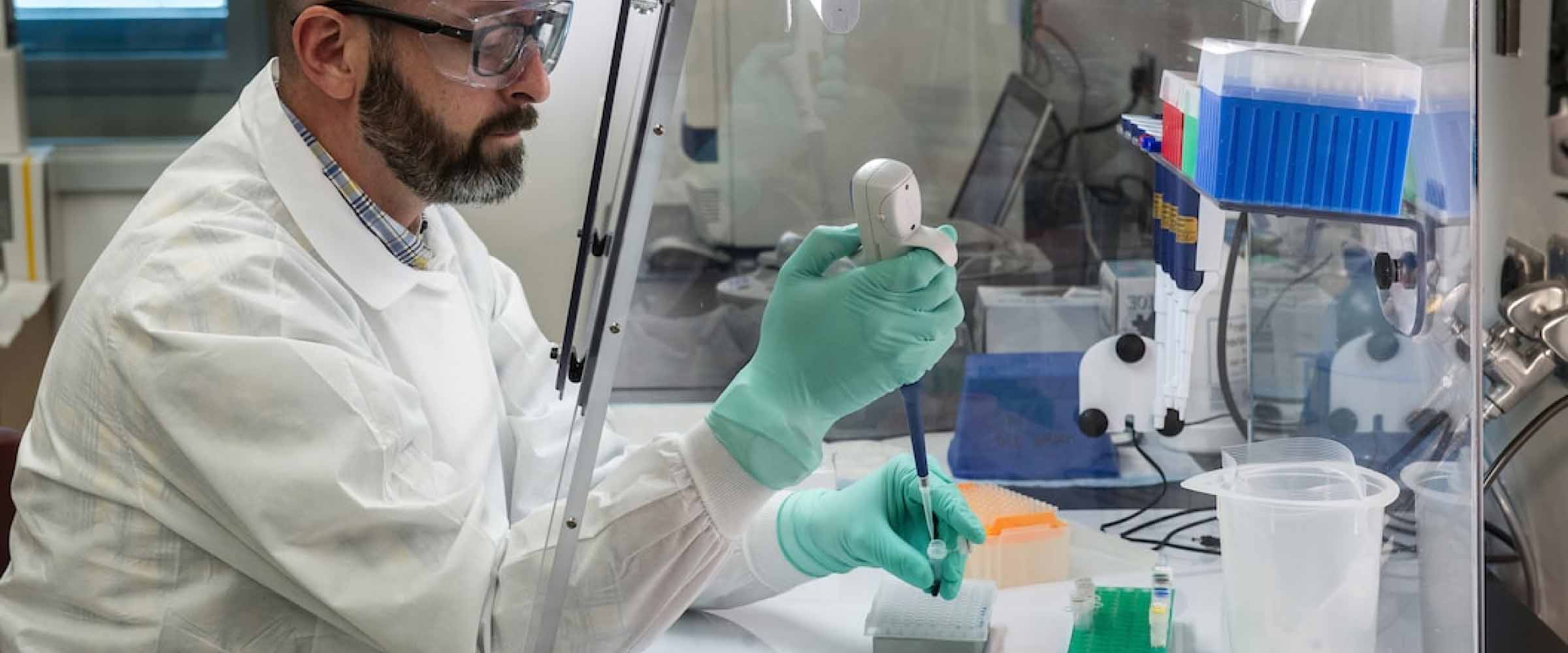
.jpg)

.jpg)
.jpg)
.jpg)
.jpg)
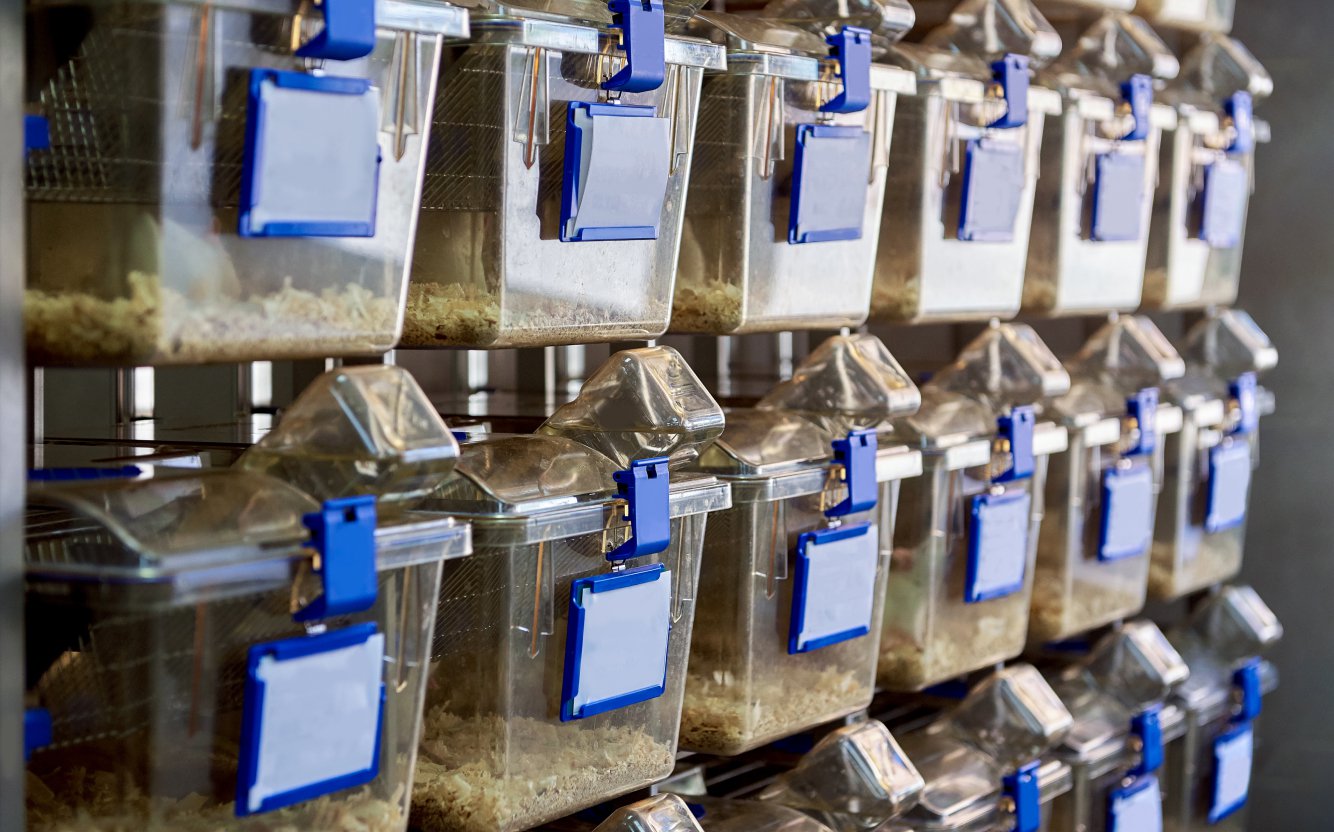
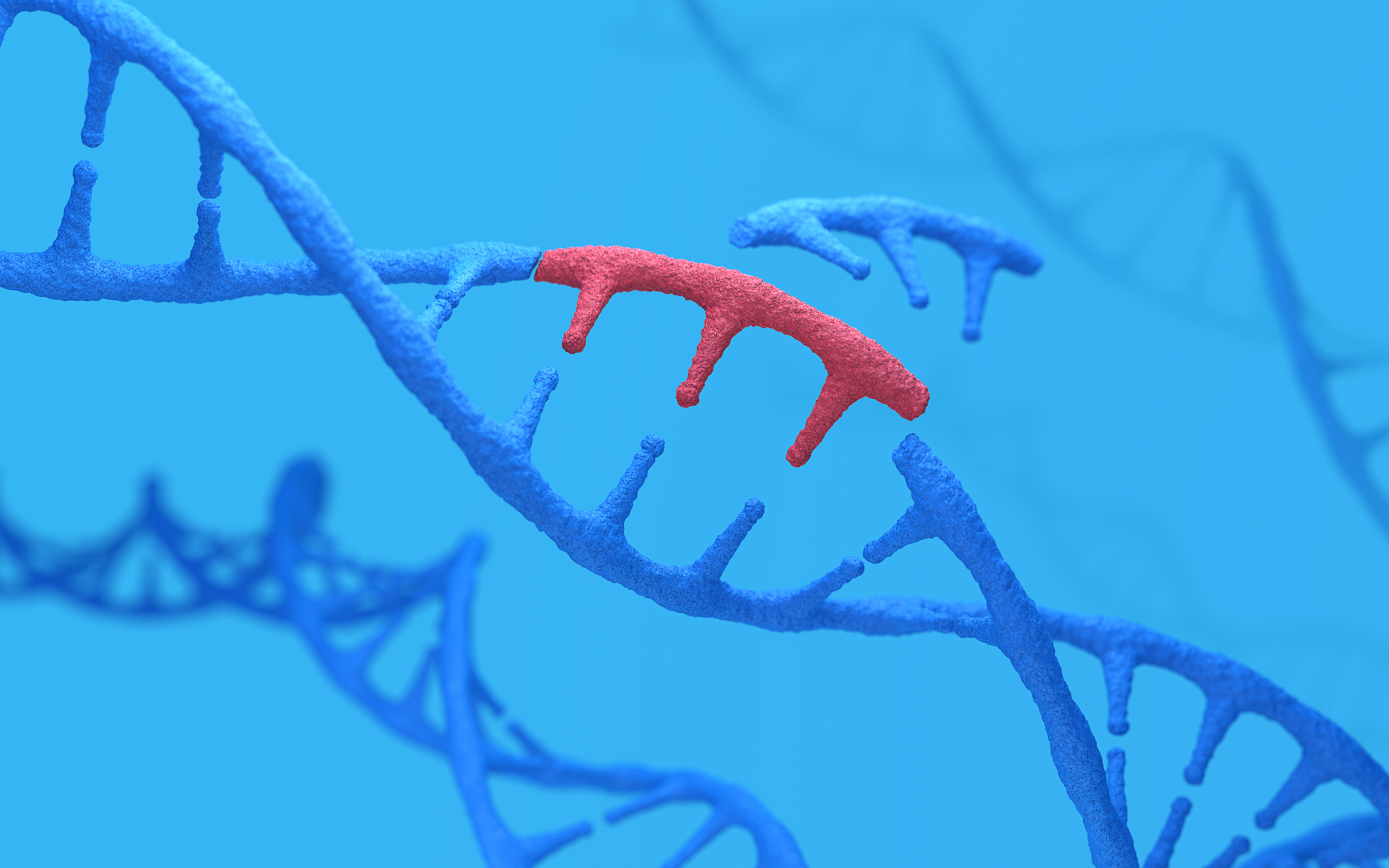
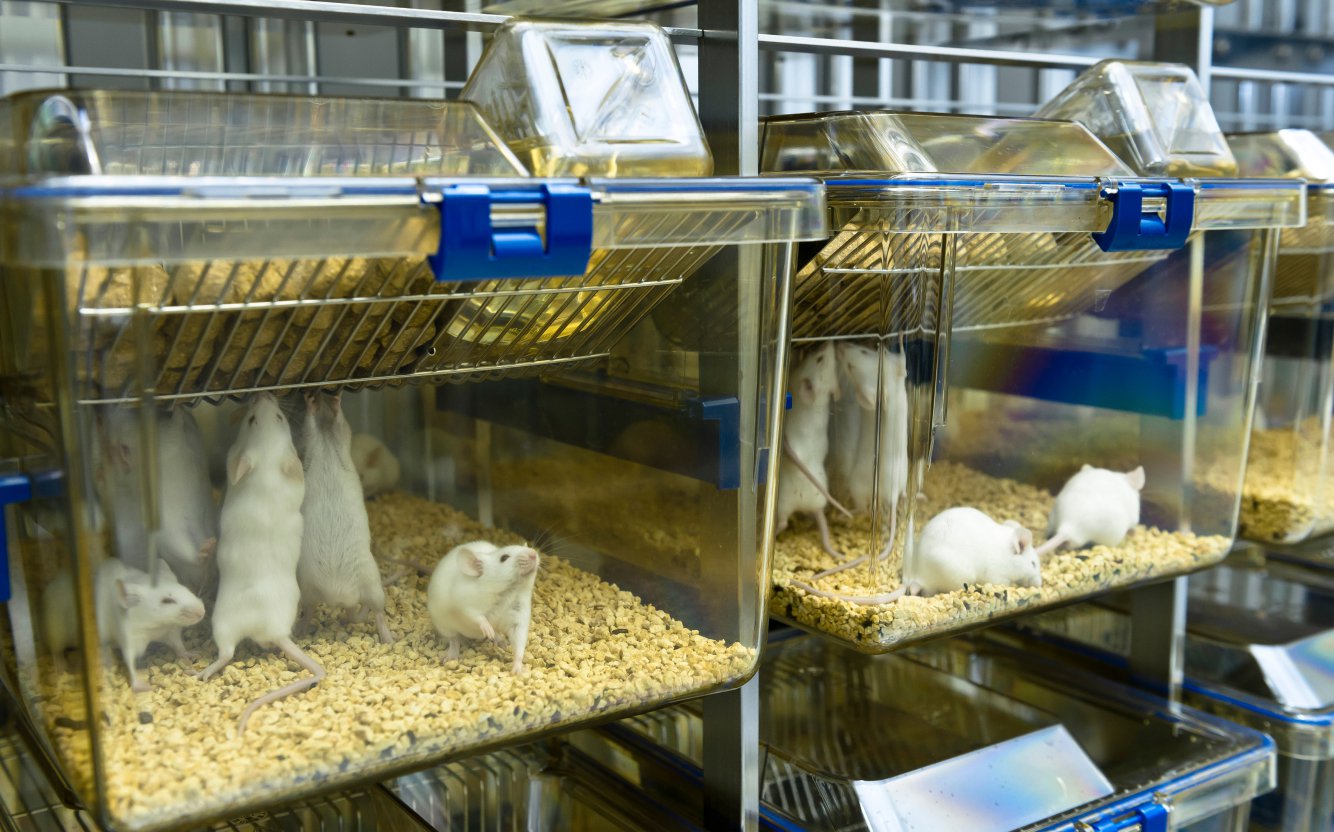


.jpg)

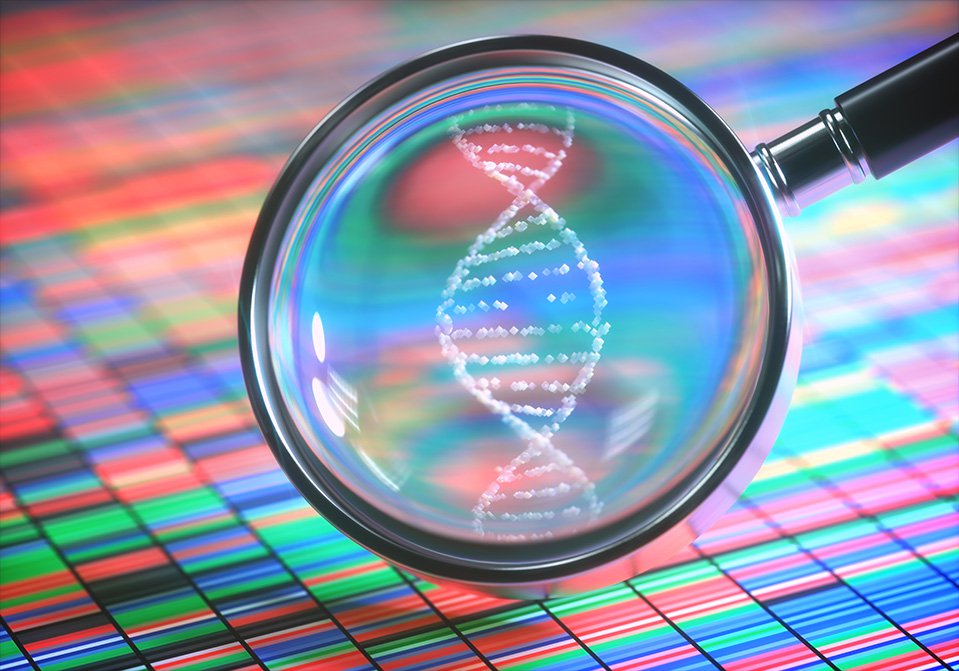
.jpg)
.jpg)

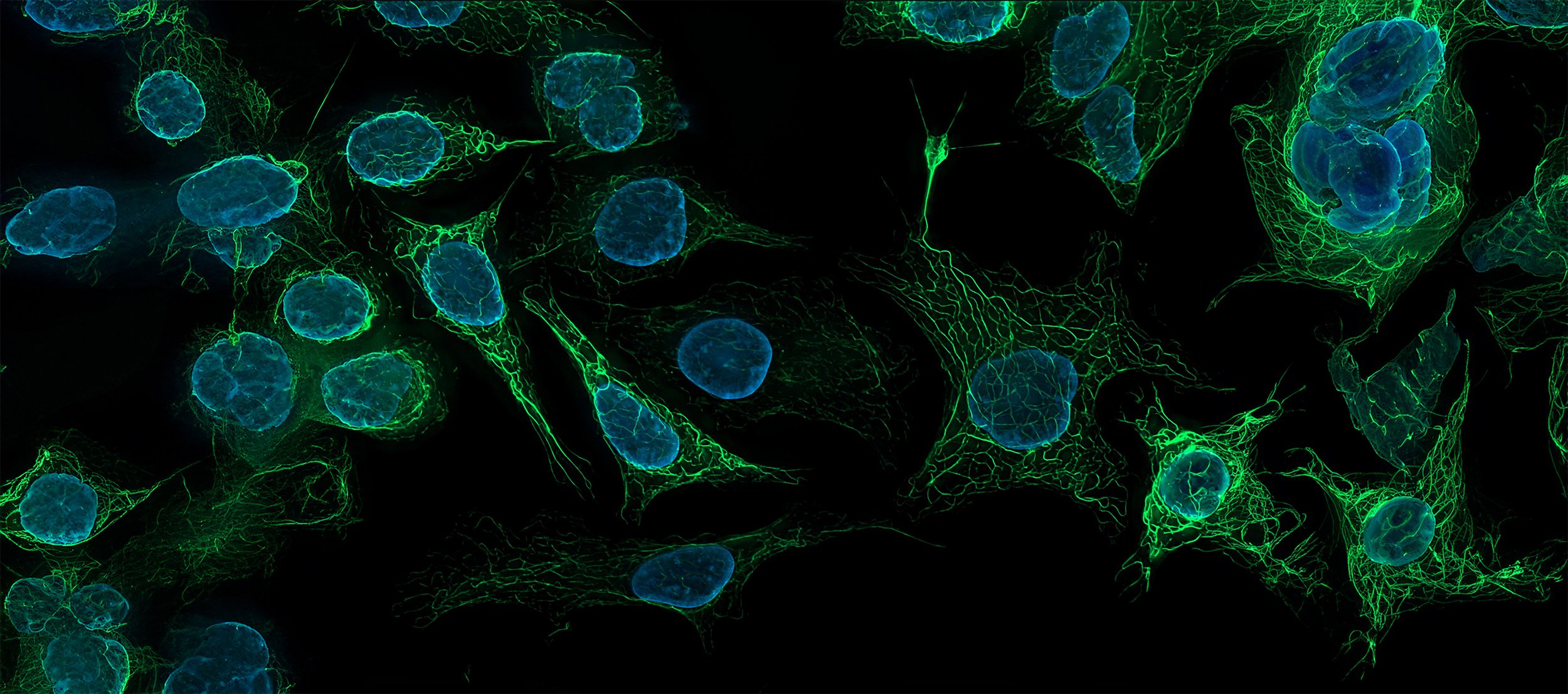
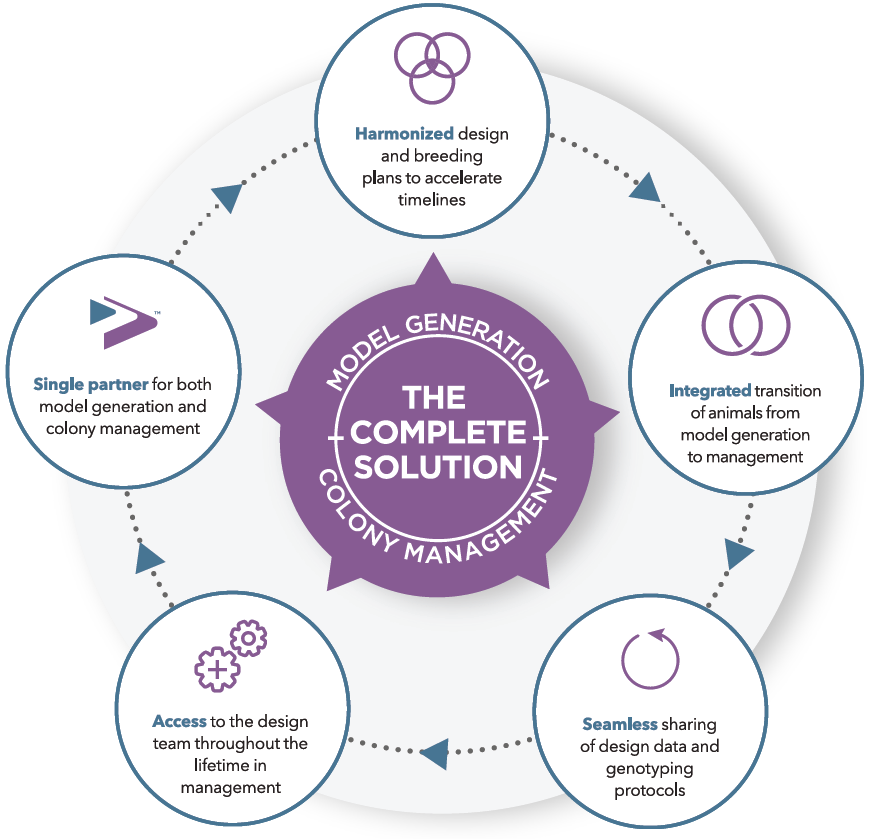
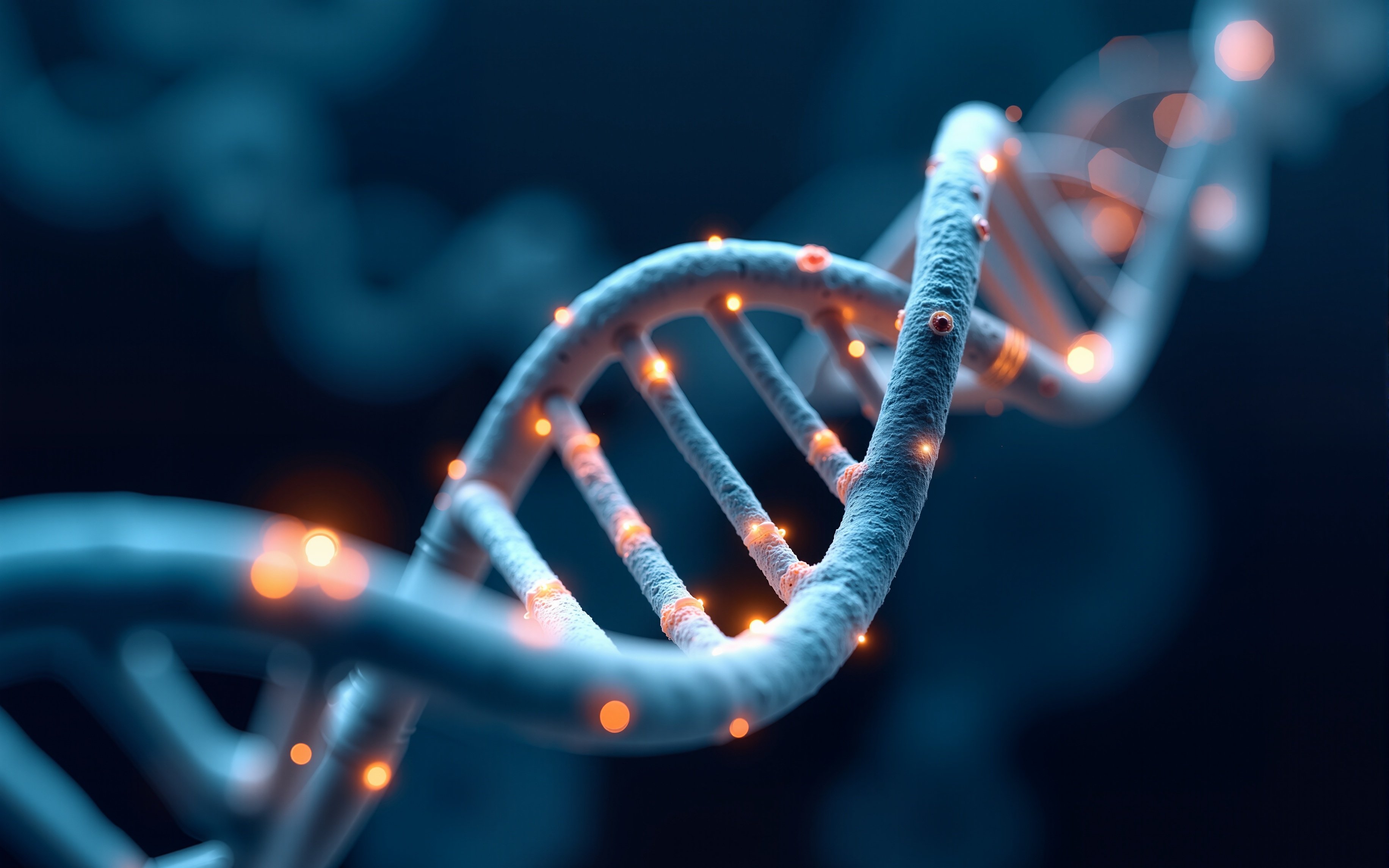
.jpg)

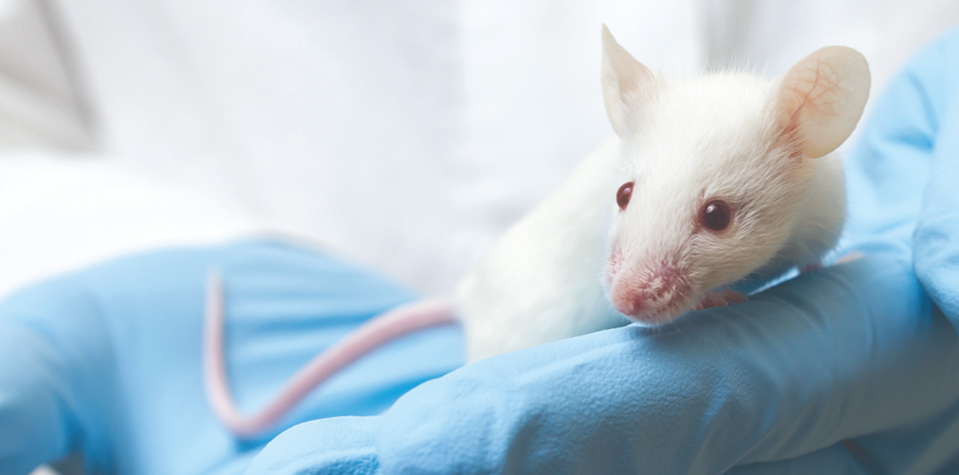

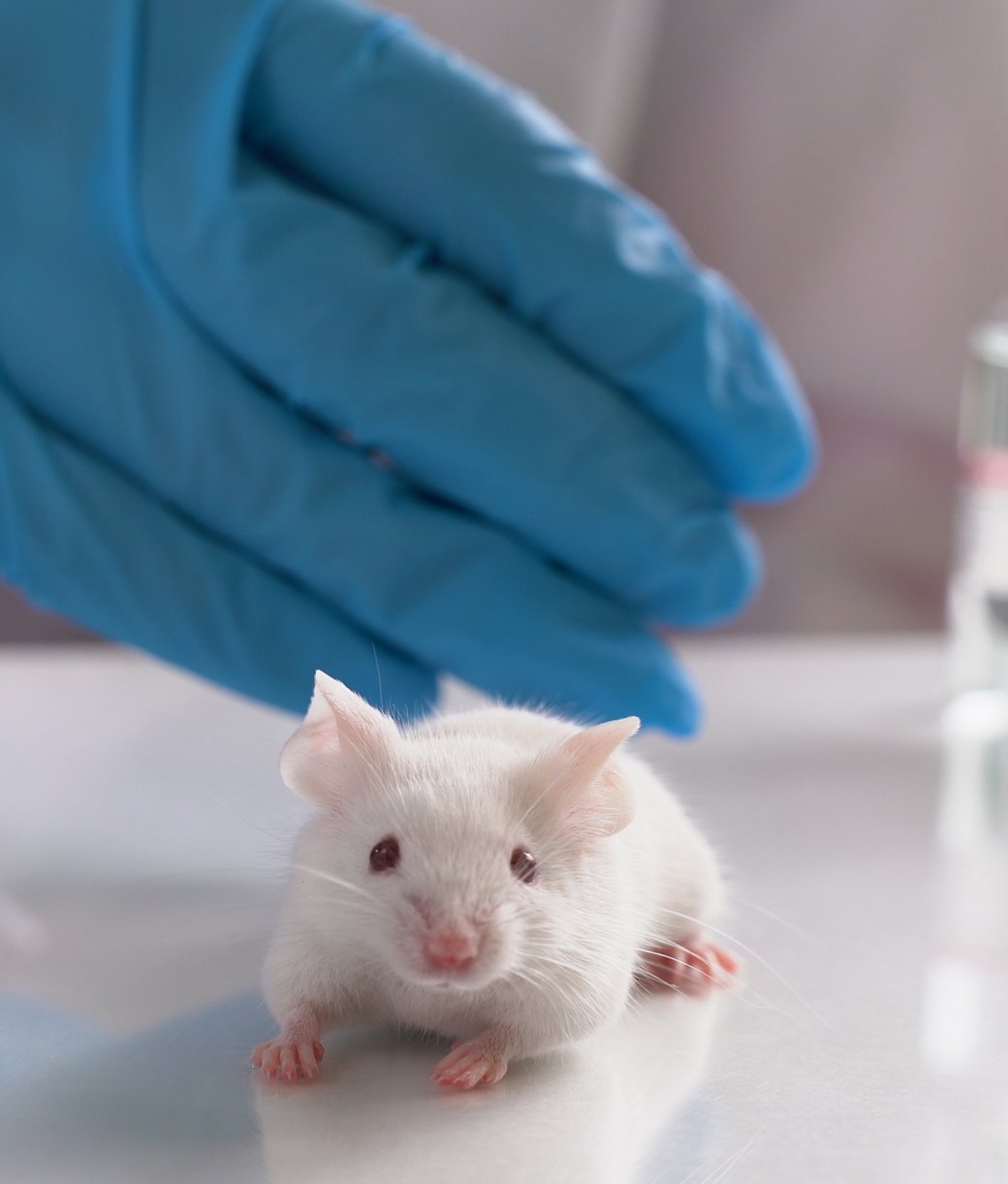

.jpg)

.jpg)





